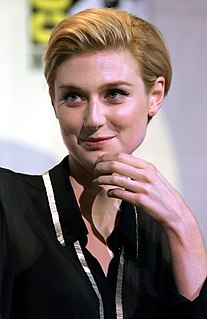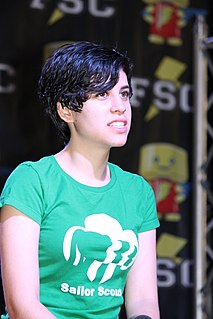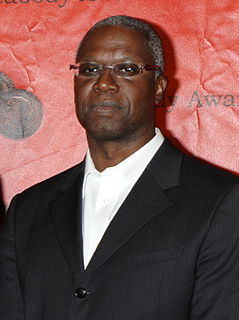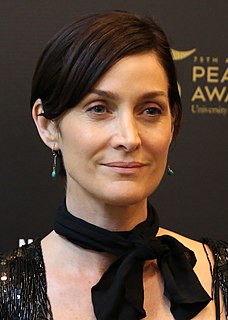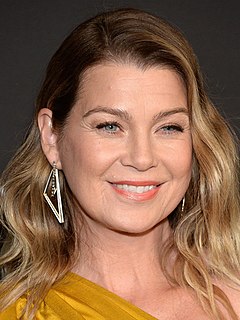Цитата Элизабет Дебики
Часто женские персонажи довольно одномерны, особенно в двухчасовом фильме; телевидение дает персонажам возможность дышать и развиваться.
Связанные цитаты
Я очень обусловлен своим окружением, влиянием социальных сетей, телевизором, который смотрю. И я всегда обнаруживал, взрослея, что даже вдохновляя женских персонажей или сложных женских персонажей на телевидении и в кино, я часто обнаруживал, что их сложность на самом деле была просто еще одной гранью их сексуальности.
Я думаю, что платформа супергероев дает женскому персонажу возможность общаться и с мужской аудиторией. Я думаю, именно поэтому люди тяготеют к женским персонажам-супергероям, а также к женским персонажам в целом как к большой части фильма. Так что это здорово для нас, женщин-актеров, которые хотят играть такие роли, и это действительно здорово.
Это делает это очень легко. У меня есть начало, середина и конец, и я снимаю недолго — обычно около 20 часов для двухчасового фильма — так что мне и монтажеру его легко смотреть за неделю. Как только я узнаю, кто такие персонажи, я снимаю только этих персонажей, если только кто-то другой не ворвется в фильм из-за сцены, происходящей с ними, или мы не встретим их случайно.
Я бы сказал, что любой фильм можно назвать феминистским, в котором есть женские персонажи, которые имеют свободу действий в своей жизни, которые отвечают за свою судьбу, или делают важные вещи, или занимают половину пространства. Я бы счел фильм феминистским, мне все равно, о чем он, но если бы актерский состав был сбалансирован по полу, то было бы так же вероятно, что босс, лучший друг или кто-то еще был женщиной. Это действительно так же просто, как показать женщин, отвечающих за свою судьбу, и дать голос женским персонажам.
Я думаю, что отчасти давление, оказываемое на «сильных женских персонажей», происходит из-за того, что так часто бывает «девушка из команды», которая должна быть всем для всех людей. Часть избегания этого состоит в том, чтобы иметь как можно больше женских персонажей и позволять им процветать сами по себе, а не в рамках, которых они не просили и не хотят.
Для меня феминизм в литературе имеет дело с женскими персонажами, занимающими центральное место в тематике книги, или с тем, что они в какой-то степени являются проводниками перемен. Другими словами, объектив глубоко и интенсивно сфокусирован на женских персонажах и не колеблется, что позволяет заглянуть в богатую внутреннюю жизнь персонажей.
На телевидении огромное количество сексизма. Когда мужские персонажи имеют недостатки, они интересны, глубоки и сложны. Но когда женские персонажи имеют недостатки, они просто беспорядок. Хорошо было бы добавить больше несовершенных, но интересных женских персонажей, потому что это способствует равенству.
Люди часто спрашивают меня, чувствую ли я, что меня дискриминируют как темнокожую женщину-режиссера. Я не. Мне на самом деле предлагают массу вещей. Но я хочу направлять только то, что пишу. И я предпочитаю сосредоточиться на чернокожих женских персонажах. Для меня важнее всего показать на экране персонажей, которые не идеальны, но человечны и несовершенны.
